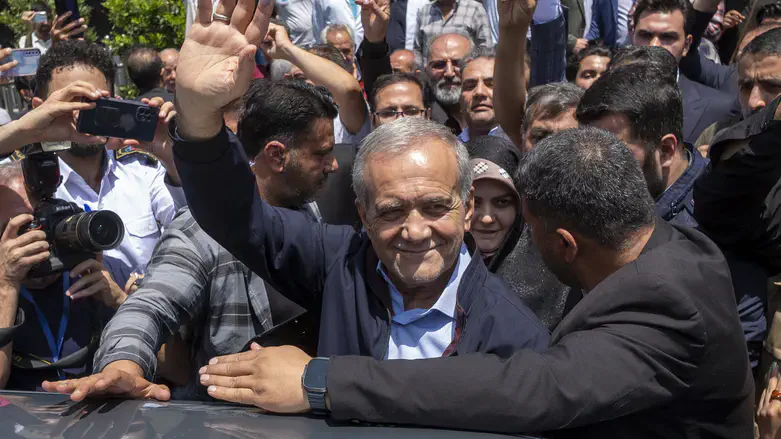
Iranian President Masoud Pezeshkian announced on Sunday that Tehran has rejected direct negotiations with the United States over its rapidly advancing nuclear program. The decision marks Iran’s first formal response to a letter from President Donald Trump, which was delivered to Iran’s Supreme Leader through Oman.
While Pezeshkian left the possibility of indirect negotiations open, he indicated that such efforts have made little progress since Trump’s unilateral withdrawal from the 2015 nuclear deal with world powers. "We don’t avoid talks; it’s the breach of promises that has caused issues for us so far," Pezeshkian stated during a televised Cabinet meeting. "They must prove that they can build trust."
Iran’s refusal comes amid escalating tensions across the region. The US has recently intensified airstrikes targeting the Iranian-backed Houthi rebels in Yemen, raising concerns over the potential for broader conflict. Additionally, Israel has launched strikes against leaders of Iran’s so-called “Axis of Resistance” in connection to the Israel-Hamas war in Gaza.
The Iranian president’s firm stance follows repeated warnings from Iranian officials about the vulnerability of US military installations in the region. Parliament speaker Mohammad Bagher Qalibaf recently cautioned that any violation of Iran’s sovereignty would result in severe retaliation, stating, "If they violate Iran’s sovereignty, it will be like a spark in a gunpowder depot, setting the entire region ablaze."
The letter from Trump arrived in Tehran on March 12, though details of its content remain vague. Trump confirmed during a television interview that he urged Iran to negotiate, warning of the potential consequences of a military confrontation. "I’ve written them a letter saying, ‘I hope you’re going to negotiate because if we have to go in militarily, it’s going to be a terrible thing,’” Trump said.
Iran’s ongoing nuclear activities continue to draw concern from the international community. The UN’s nuclear watchdog reported in February that Tehran had accelerated the production of near weapons-grade uranium. Although Iran insists its nuclear program is for peaceful purposes, officials have increasingly hinted at the possibility of pursuing nuclear weapons.
Analysts say Iran’s reluctance to engage with Trump may also be rooted in the US drone strike that killed IRGC Quds Force commander Gen. Qassem Soleimani in Baghdad in January 2020. The incident has cast a long shadow over US-Iranian relations, with threats of retaliation occasionally resurfacing.
The White House has yet to officially respond to Pezeshkian’s remarks.
